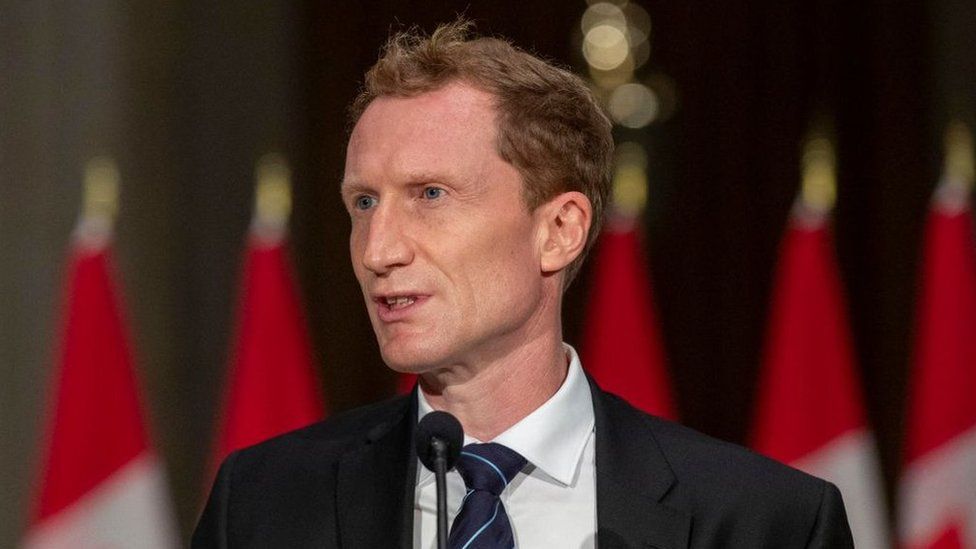-

-
-
Loading

Loading

Canada has announced that it will impose a cap on the number of foreign students being admitted to the country for the next two years. The objective is to alleviate the pressure on housing and healthcare systems. This move will result in a 35% decrease in the approval of study permits. In 2022, more than 800,000 foreign students were in Canada, a significant increase from 214,000 ten years ago. The aim of these measures is to preserve the integrity of the system. Marc Miller, the Immigration Minister, stated that Canada intends to approve around 360,000 undergraduate study permits this year. The distribution of permits across universities and colleges will be determined by each province and territory, taking into account factors such as population and current student intake. The cap will specifically apply to students at the diploma or undergraduate level and will not affect those renewing their study permits. Additionally, the government will no longer offer work permits to students graduating from colleges that operate under a public-private partnership model as of September. This model is primarily seen in Ontario. Miller expressed his dissatisfaction with private institutions that take advantage of international students by providing inadequate resources, lack of student support, and charging high tuition fees while increasing the number of international students. He clarified that these measures are not targeting individual international students but are intended to ensure a high-quality education for future students. The decision to implement a cap on foreign students comes as Canada faces mounting pressure to tackle its increasingly unaffordable housing market. Average home prices now stand at C$750,000, and Canadian rent has risen by 22% in the last two years. Some economists attribute the housing affordability issue to a surge in immigration, which has led to a shortage of housing due to insufficient construction to support the country's population growth. In 2022, Canada experienced a population growth of more than one million for the first time in a single year, largely driven by newcomers. The Canada Mortgage and Housing Corporation estimates that the country needs an additional 3.5 million housing units by 2030 to restore affordability. Factors contributing to the decline in housing starts include high interest rates, elevated building material costs, and supply chain disruptions caused by the COVID-19 pandemic. This cap marks a significant policy shift for Canada, which has traditionally relied on open immigration to address labor market demands and its aging workforce. Prior to this announcement, Miller had hinted at reducing the number of international students admitted to Canada. This had raised concerns among Canadian universities. The president of McMaster University expressed that a cap would be detrimental to the institution, stating that international students bring valuable diversity to the learning environment and their tuition fees help offset costs for domestic students. If a cap were imposed, the university would have to reduce the number of domestic students it admits, as it is already struggling with limited government funding and budgets.